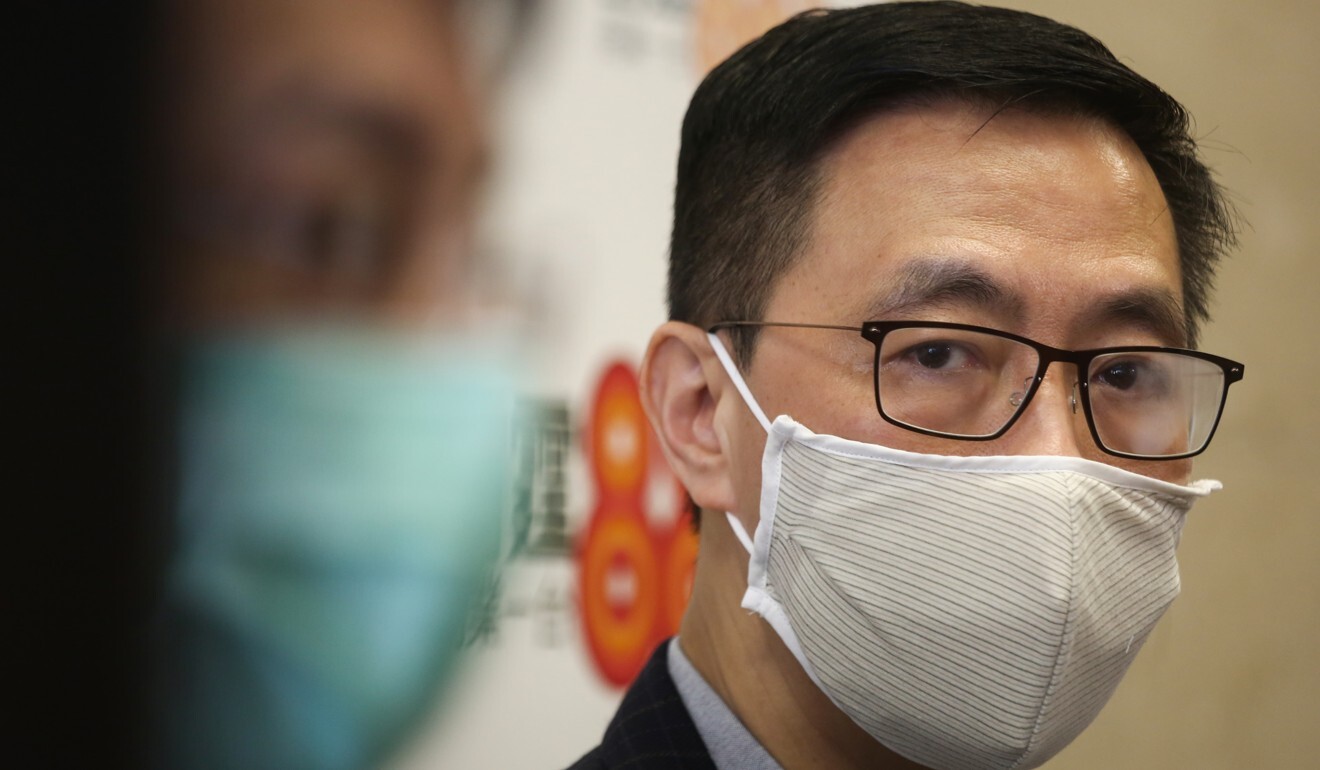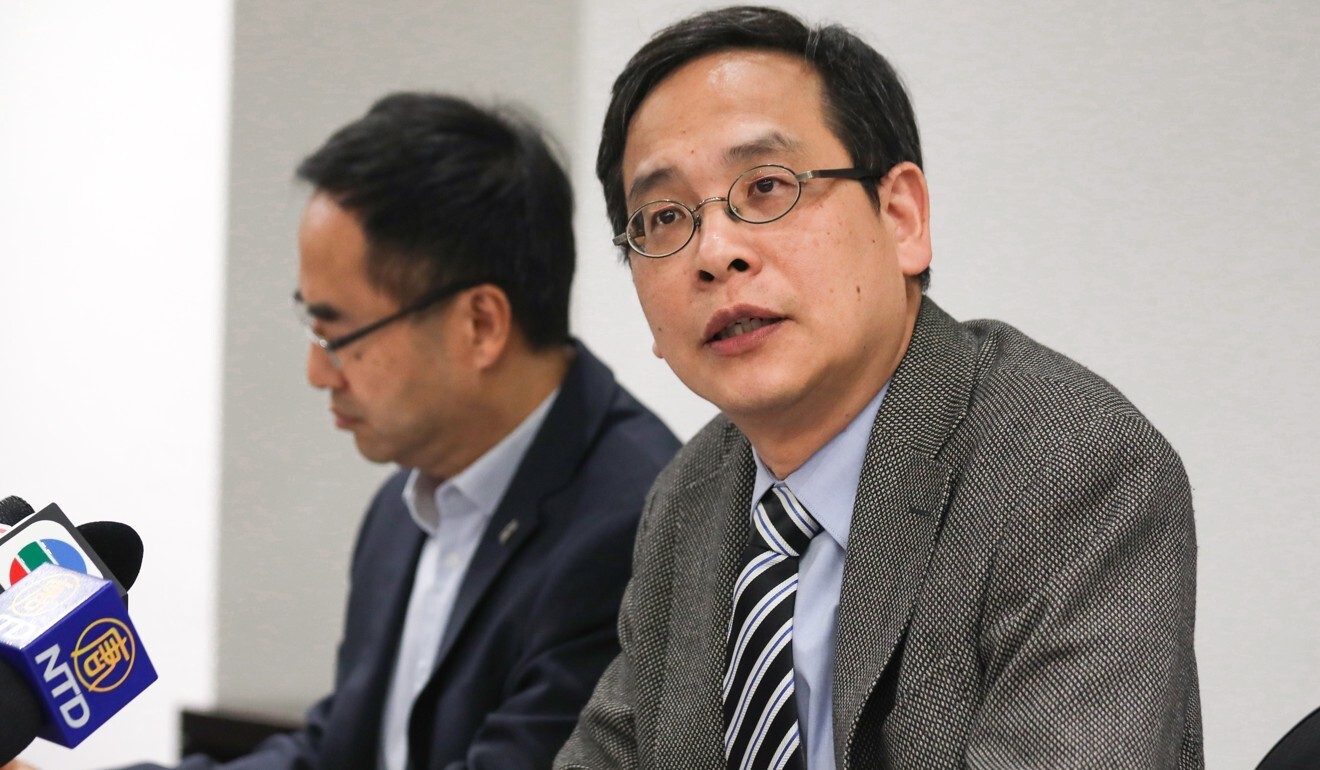
Hong Kong students must learn about national security law, education minister says
- Secretary for Education Kevin Yeung says once the law is enacted, everyone should understand and learn about it
- He also says the scrapping of a question in the history paper of this year’s university entrance exam was not political interference
Hong Kong students must learn about the national security law in schools once it is enacted, the education minister said on Saturday.
“It has nothing to do with politics,” Secretary for Education Kevin Yeung Yun-hung said on a radio programme. “It becomes part of our lives once the national security law applies in Hong Kong, and if our students have to live and grow in the city, and develop their career on the mainland, [the law] is something they should understand.”
A day earlier, the central government announced a national security law tailor-made for Hong Kong, to “prevent, stop and punish” secession, subversion, foreign interference and terrorism. It also said that Hong Kong must introduce national security education.

He said forums would also be arranged to enhance public understanding of the new law.
“Hong Kong is an inalienable part of China, and we have the responsibility to protect national security. The city has so far been unable to enact a national security law under Article 23 [of the Basic Law], thus Beijing stepped in,” he said. National security education might be incorporated into the moral and national education subject, said Wong Yuk-shan, deputy convenor of the local National People’s Congress delegation.
“I don’t have the details but my guess is it’s similar to national education and could even be part of it, but more focused on security education,” said Wong, president of the Open University of Hong Kong.
He added that it might include knowledge on the Basic Law, China’s constitution and the basic dos and don’ts regarding national security.
The education chief also said the invalidation of a question in the history paper of this year’s university entrance exam was not political interference.
Following an unprecedented request by his bureau, the council of the Hong Kong Examinations and Assessment Authority (HKEAA), a statutory body, on Thursday agreed to axe the controversial question, which asked candidates whether they agreed Japan “did more good than harm” to China between 1900 and 1945. Students wrote their answers based on two extracts of historical materials and their own knowledge.
Yeung said the question was “leading”, and that it played down people’s suffering during the Japanese invasion and hurt Chinese people’s feelings.

Asked if more representatives from the bureau should be added to the committee that drafted exam questions, Yeung said more time for consideration was needed. He added that the exam authority, as an independent entity, could also choose whom it wanted to add.
Education sector lawmaker Ip Kin-yuen said he was worried that the bureau would further interfere in the independent role of the exam authority.
“Does it mean that more people from the bureau will be able to comment on exam questions in future? This will greatly affect the independence and confidentiality of the authority,” he said.
Commenting on imparting education on the national security law, Ip said he was more concerned about whether students would be able to discuss or disagree with the topic.
“It is fine if it’s only the introduction of the law. But we are worried that once the law is enacted, the way of teaching will be affected. We are not sure if students will be allowed to discuss freely the pros and cons of such a law,” he said.
The HKEAA currently takes full responsibility for the membership of the moderation committee. The bureau said in previous years it had repeatedly asked to nominate its members to various subject committees, but the exam authority had final say on the matter.
According to the bureau, one of its members was nominated to join the history exam committee in 2019, but was eventually not invited. Additional reporting by Jun Mai
Help us understand what you are interested in so that we can improve SCMP and provide a better experience for you. We would like to invite you to take this five-minute survey on how you engage with SCMP and the news.

